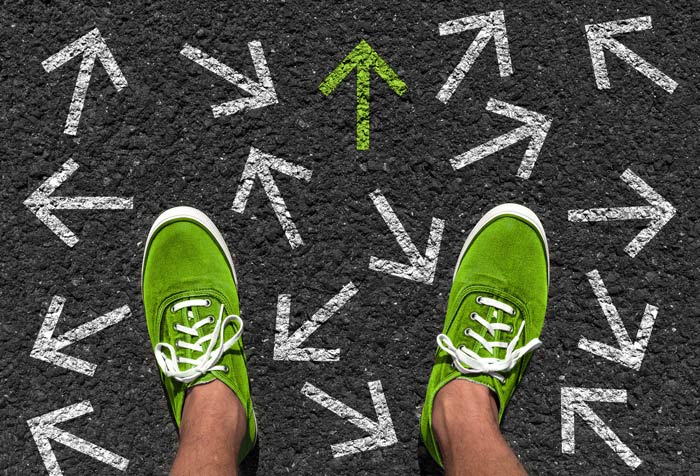By Sandy Baker
One of the most discouraging aspects of alcohol and drug addiction recovery is relapse. It happens. No matter how good you feel now, you are always in danger of relapse. About 40-60% of people in recovery relapse, according to the National Institute on Drug Abuse, nearly the same rate as other major diseases like diabetes and heart disease. The good news? If you relapse, you’re not alone. Relapse is not the end: it’s simply a sign that you need to modify your treatment plan.
Why Does Relapse Occur?
There is no cure for addiction, though it can be controlled through consistent treatment and counseling. To prevent relapse, it’s important to know why it happens so you can recognize the signs in yourself or your loved one and get help. Here are a few reasons why relapse occurs:
Triggers
A trigger is some type of situation that brings up memories of why or how you used. Stepping into a bar where you used to spend hours drinking after work can trigger the desire to drink again. Sometimes, a person can be a trigger. For example, dealing with a family member who treats you badly can make you want to use again. Triggers create the familiar scenarios and situations that are a high risk for you. To avoid relapse, you have to avoid triggers.
You Get Busy
Remaining sober requires ongoing care and treatment for your addiction. If you stop going to your 12-step program or meeting with your counselor, it’s easy to fall back into a pattern of using again. Treat your recovery commitments seriously. They can significantly help improve your ability to avoid relapse.
Significant Life Changes
Divorce, losing a job, the death of a loved one, or another significant life experience can drastically alter the path of your life. In these high-stress times, you are forced to face strong emotions and deal with rapidly changing factors. When this happens, reach out to your support team for help. Life will change, and sometimes those changes will be hard to manage. Support from others will get you through this.
You Didn’t Commit to Treatment
“I did it for my mom.”
“I stopped using to stay clean to pass a drug test required by the court.”
When you don’t make an honest commitment to yourself to stop using, your chances of relapse are high. When you step into detox and into your treatment center, do it for yourself, not for anyone else.
Reckless Behavior
Reckless behavior, such as tempting yourself by going to a high-trigger area or by drinking one drink, will likely cause a relapse. Sometimes reckless behavior is caused by an undiagnosed co-occurring mental health problem, such as depression, anxiety, or bipolar disorder. If you have these types of mental health disorders and don’t receive treatment, you are more likely to relapse.
Relapse Doesn’t Mean the Fight Is Over
Every time you relapse, you have the opportunity to start over. You can recognize what has happened, immediately correct your behavior, seek out your counselor or support team, and get back on the right path.
Address the underlying cause of your relapse first. During this point in your recovery, you know that you need help to stop using. Yet, when you reach out for help, you also have to dig a bit deeper to understand what the cause of your relapse was so you can address that with your counselor.
When relapse happens, recognize that it is a bump–not the end of the line. Give yourself the permission and freedom to move forward on a new path towards recovery.
Even though it may feel like starting over, it isn’t. You have learned lessons and developed support systems that will stay with you. Reconnecting with your goals and with your treatment process will help you move forward again. Even if you falter several times, you’ll find that battling this addiction – this disease – is something you can do over and over again until you win.
If you feel you may be at risk for relapse from drug or alcohol addiction, please reach out to our team immediately at The Ranch at Dove Tree. If we’re not the right fit for you, we can help you find the help you need.








